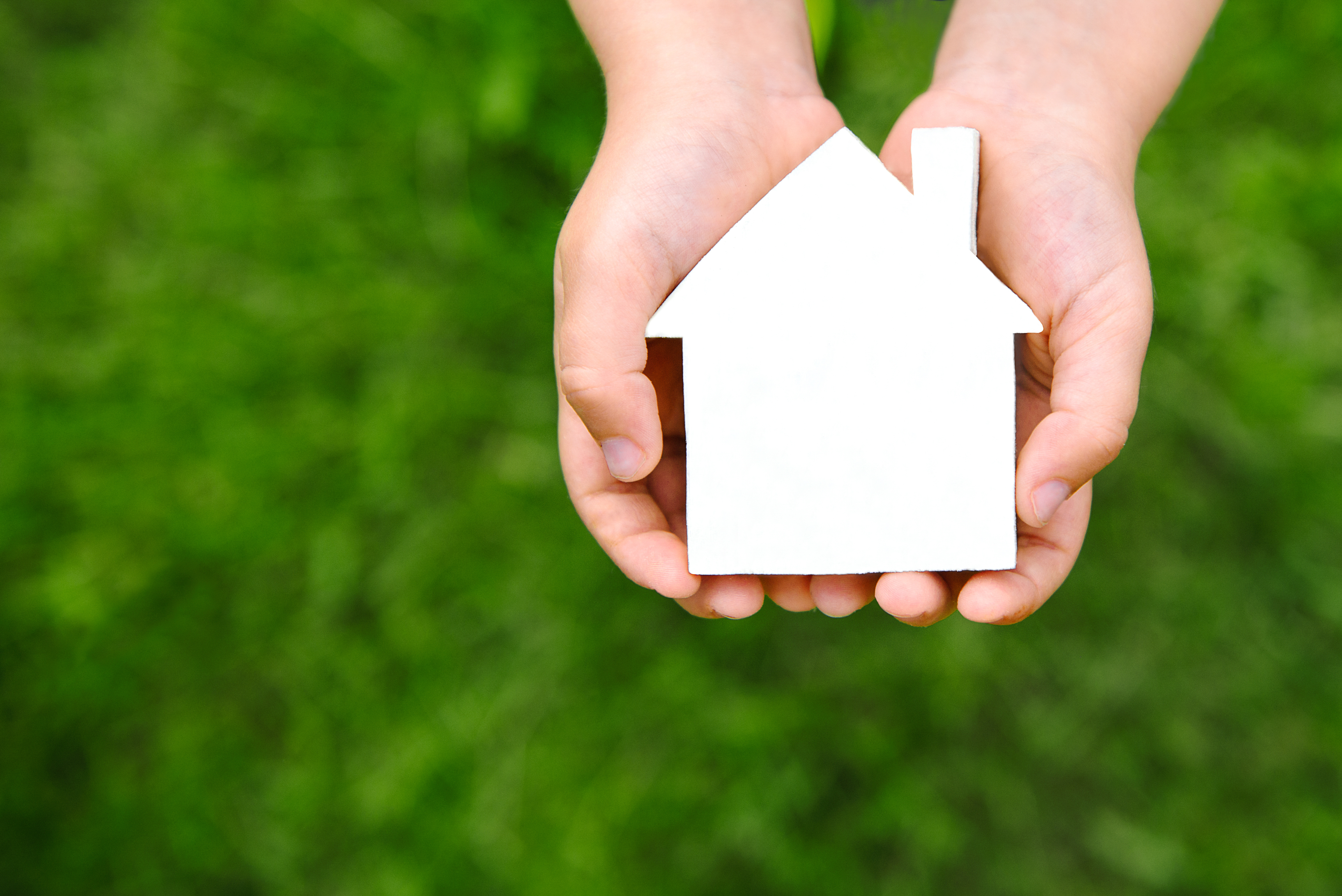The LGBT Experience at Home in America

courtesy of S. Dizayee/VOA, June 2016
When people talk about home, usually they have in mind the place where they cook their food, store their belongings, relax and recover from the day’s activities, bathe, and lay their heads to sleep. But for many, this isn’t right. For them, home is quite a different thing. It is where they can live without fear and loathing and avoid the hatred of others. It is a place where they can comfortably be who they are.
I was supposed to write a blog post about LGBT housing discrimination. That was it. Then Orlando happened and it made me focus directly on the many meanings of home directly, though I guess I’ve always known it on some level. Reading about Omar Mateen, the man who killed 49 and wounded 53 at a nightclub catering to the lesbian, gay, bisexual, and transgender (LGBT) community on June 12, these past few days, and how angry and unsettled he was in his acquaintances’ recollections, I keep coming back to an old James Baldwin quote from the Jim Crow 1950s.
“I imagine one of the reasons people cling to their hates so stubbornly,” he said, “is because they sense, once hate is gone, they will be forced to deal with pain.”
I see it all around us. I see it in the stories I read about Omar Mateen. I see it in the presidential election, and the calls to discriminate against this or that kind of person. I see it in state laws being passed around the country to allow companies to deny services to LGBT people. They allow employers not to hire them, landlords not to rent to them, and doctors not to treat them.
I do not think, if James Baldwin were here today, he would be surprised to see what is happening. Disappointed, but not surprised. He was a gay black man at a time when it was not safe to be either gay or black. He knew hatred, and he knew pain. He knew them so well that he fled from them, all the way to Paris, where from the age of 24 to the end of his life, he made his home. The last straw, the one that made him leave New York City, was when his best friend killed himself by jumping off the George Washington Bridge. If he stayed, Baldwin feared he would follow.
“You say the city beat him to death,” an interviewer once said to him. “You mean that metaphorically.”
“Not so metaphorically,” said Baldwin. “Looking for a place to live. Looking for a job. You begin to doubt your judgment, you begin to doubt everything. You become imprecise. And that’s when you’re beginning to go under. You’ve been beaten, and it’s been deliberate. The whole society has decided to make you nothing. And they don’t even know they’re doing it.”
Times have changed, but not enough.
There was a time, say around June 11, when most Americans would have said that it was finally safe to be gay in this country. Now they’re not so sure.
The reason people went to that nightclub—the reason LGBT people go to so many nightclubs—is because they don’t feel safe. They don’t feel, when they walk down the street, that they can be themselves, that they are wanted or even accepted for who they were. They are denied housing. They are denied jobs. They are charged higher rents. They are paid lower wages. Discrimination against LGBT people is real—and studies show that it continues to be real and statistically significant across the country.
“And so, I was reminded, as I have been so many times since I started writing for Home Matters, that home is about more than housing.”
The shooting in Orlando brought home to the forefront. And so, I was reminded, as I have been so many times since I started writing for Home Matters, that home is about more than housing. For many of the people in the club that night, Pulse was more of a home than any house they had ever lived in. For many of them, it was there that they truly felt free and equal and safe. It was Baldwin’s Paris.
They weren’t just attacked in a nightclub. They were attacked in their own home.
Where do they go now? Where do any of us go when we have no place to call home?
In the days after the shooting, stories revealed that some of the people who were killed had not come out to their families. For them, our kind of home was not theirs, and they needed an alternate like Pulse. Tragically, for them, it turned out they weren’t even safe in their alternate home. Others inspired by the horrific event have come out in the days since, an important step in creating home in other places. I hope they are successful.
I think we have to broaden our concept of building a home. The homebuilding we need, more than anything, is not just wood and concrete. It is, first and foremost, freedom from discrimination and freedom from danger.
Then, and only then, with safe spaces and equal rights, can we begin to deal with the pain, and with it, the hatred, until one day, when we may finally live in peace.
Tweet this: The homebuilding we need, more than anything, is not just wood and concrete. It is, first and foremost, freedom from discrimination and freedom from danger.
This blog is published in partnership with Home Matters®.
Photo Credits:
Ludovic Bertron from New York City, Usa –
Vigil photo courtesy of S. Dizayee/VOA, June 2016




